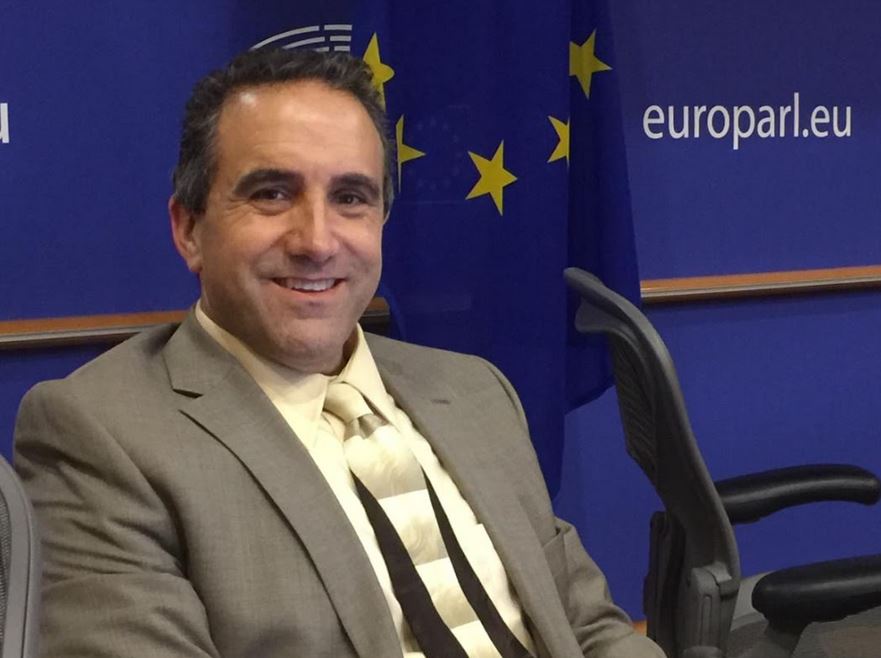President Obama will tolerate a lot for an opportunity to push his climate-change agenda. At this weekend’s G20 summit meeting of the world’s developed (aka “rich”) nations, which account for 85 percent of the world’s economy, his Chinese hosts really poured on the humiliation.
Unlike every other national leader, Obama was not given an opportunity to descend directly from his airplane on to a red carpet. The face-conscious Chinese denied him a staircase, forcing him to descend from the belly of Air Force One, a snub fully reported overseas in the Guardian but touched on only lightly in our newspaper of record, the New York Times. When Obama raised the issue of China’s militarization of the islands it has constructed in the South China Sea, President Xi Jinping told him China would “unswervingly safeguard” its claims in the area. When the American president raised the issue of human rights, Xi told him not to interfere in China’s internal affairs. Perhaps the unkindest cut of all came when Xi praised the Paris agreement to limit carbon emissions, the issue on which Obama had come to take a victory lap, “It was under Chinese leadership that much of this progress was made.”
Xi was wrong on both of these counts: the Paris accord will not limit emissions, and China was a reluctant signatory to the agreement forged in Paris, largely by Obama, and whereas America agreed to drastic cuts in emissions, China made no such promise. All it agreed to do, at some date in the distant future—perhaps 2030 if that proves convenient—is to begin slowing the rate of increase of its emissions relative to the growth in the country’s GDP. Not a word about ending China’s financing coal plants in other countries—92 in 27 countries is the current count of the San Francisco-based Climate Policy Initiative, enough new coal-fired capacity to offset all the plant closures and emissions reductions planned in the United States for the next decade. No surprise that Xie Zhenhua, China’s senior climate change negotiator in Paris, says the deal struck there is “fair and just, comprehensive and balanced.”


